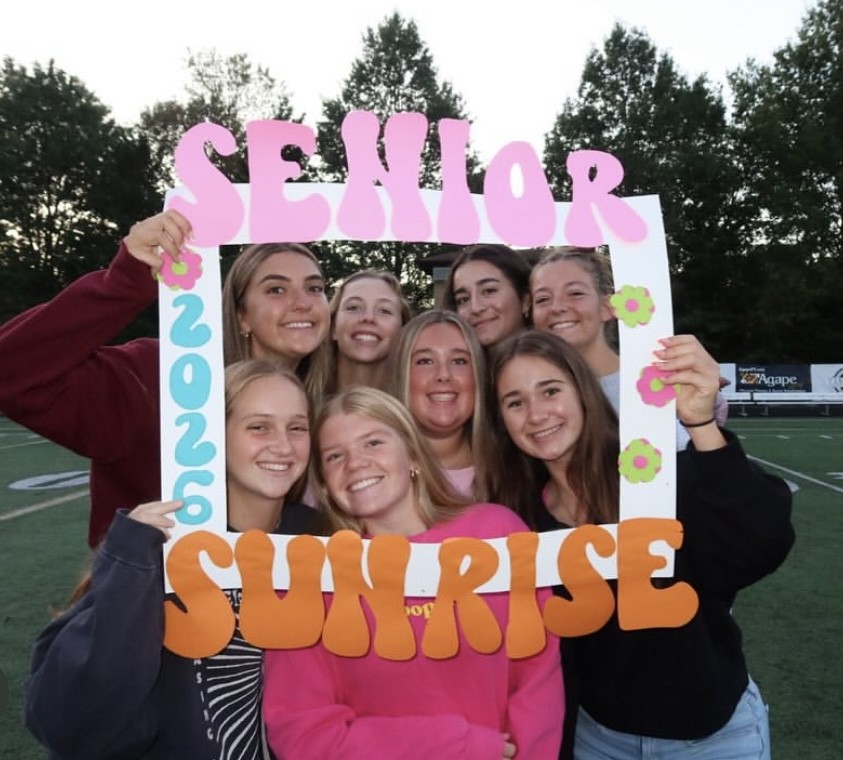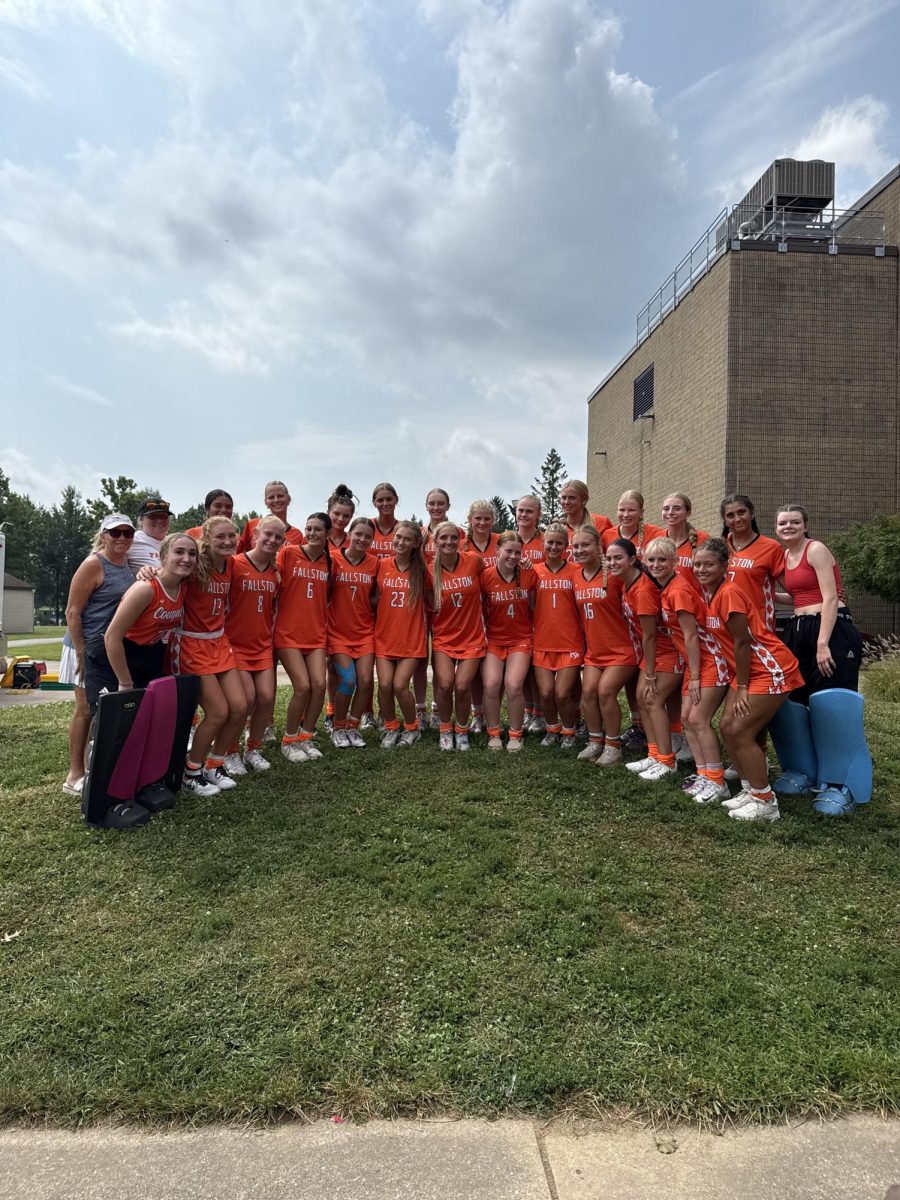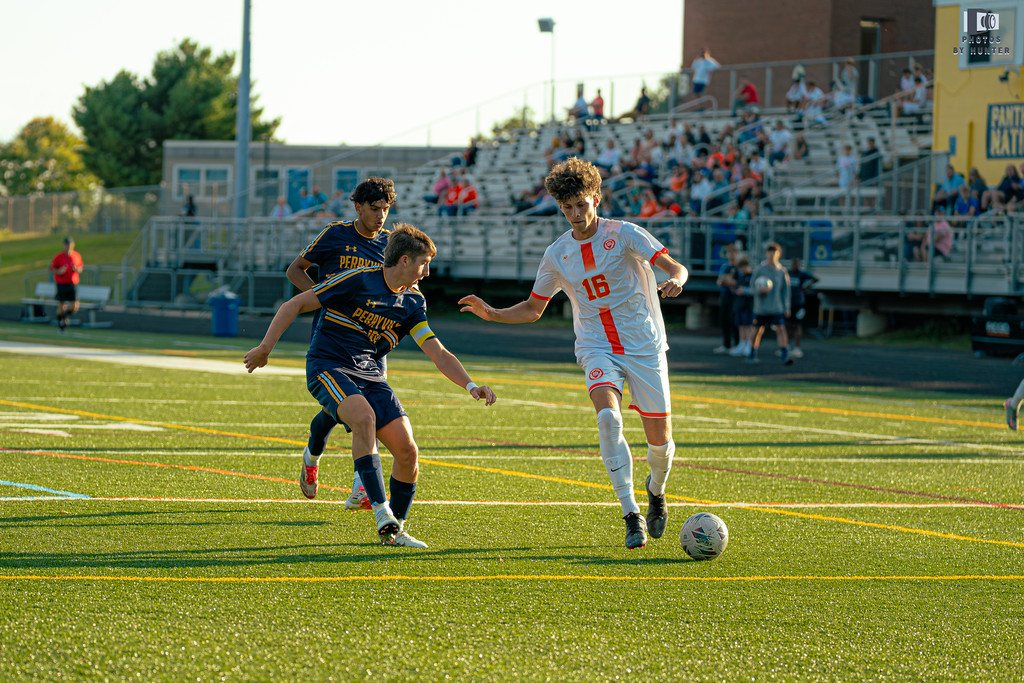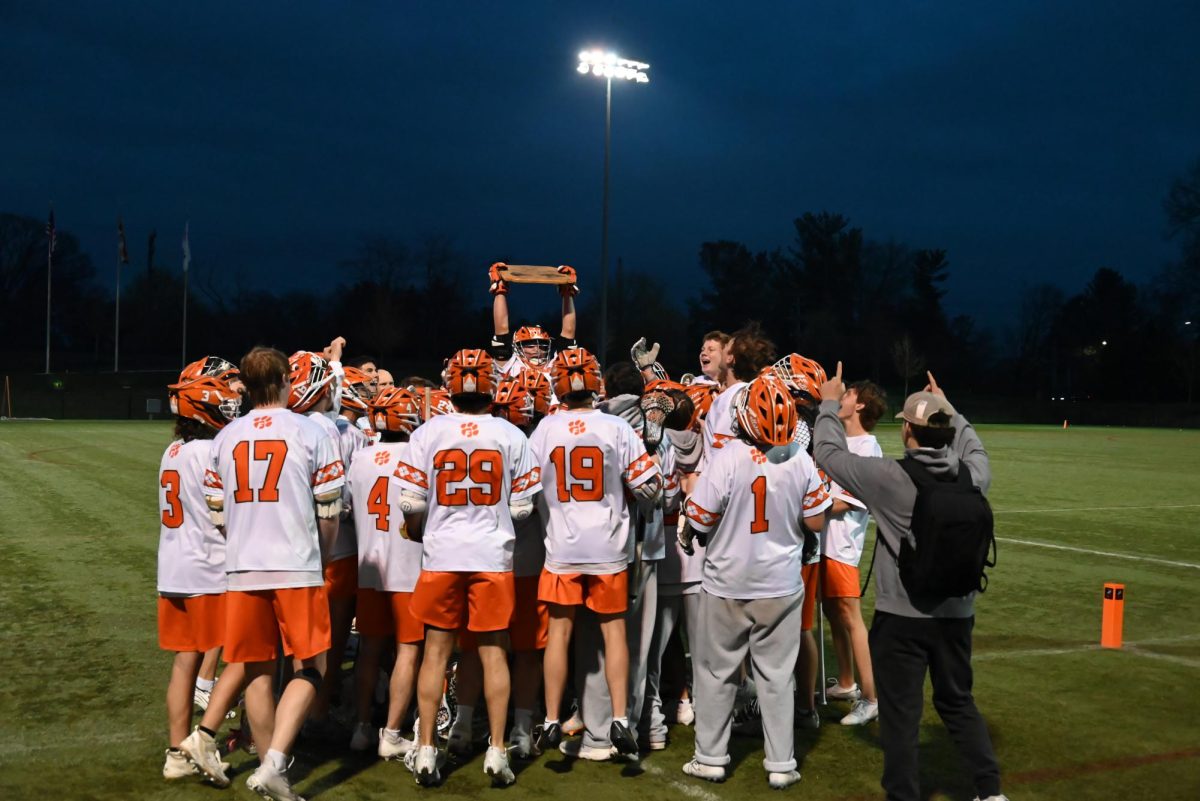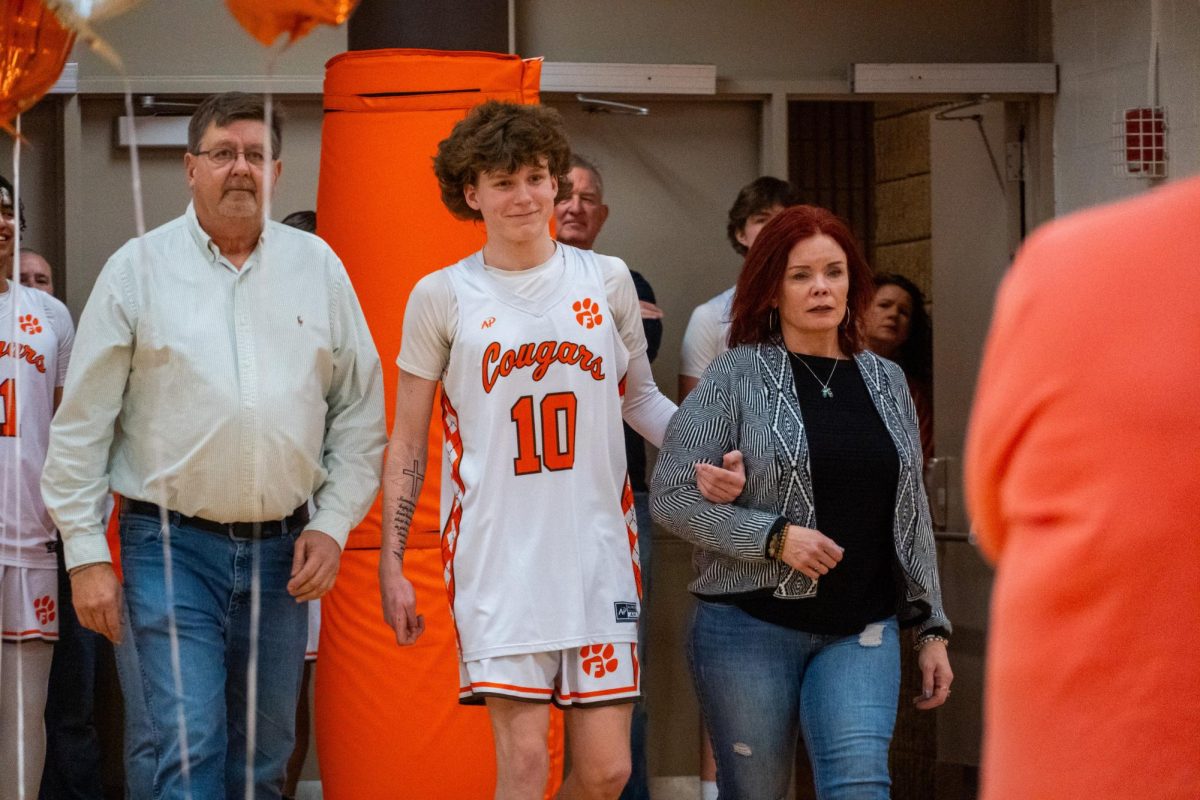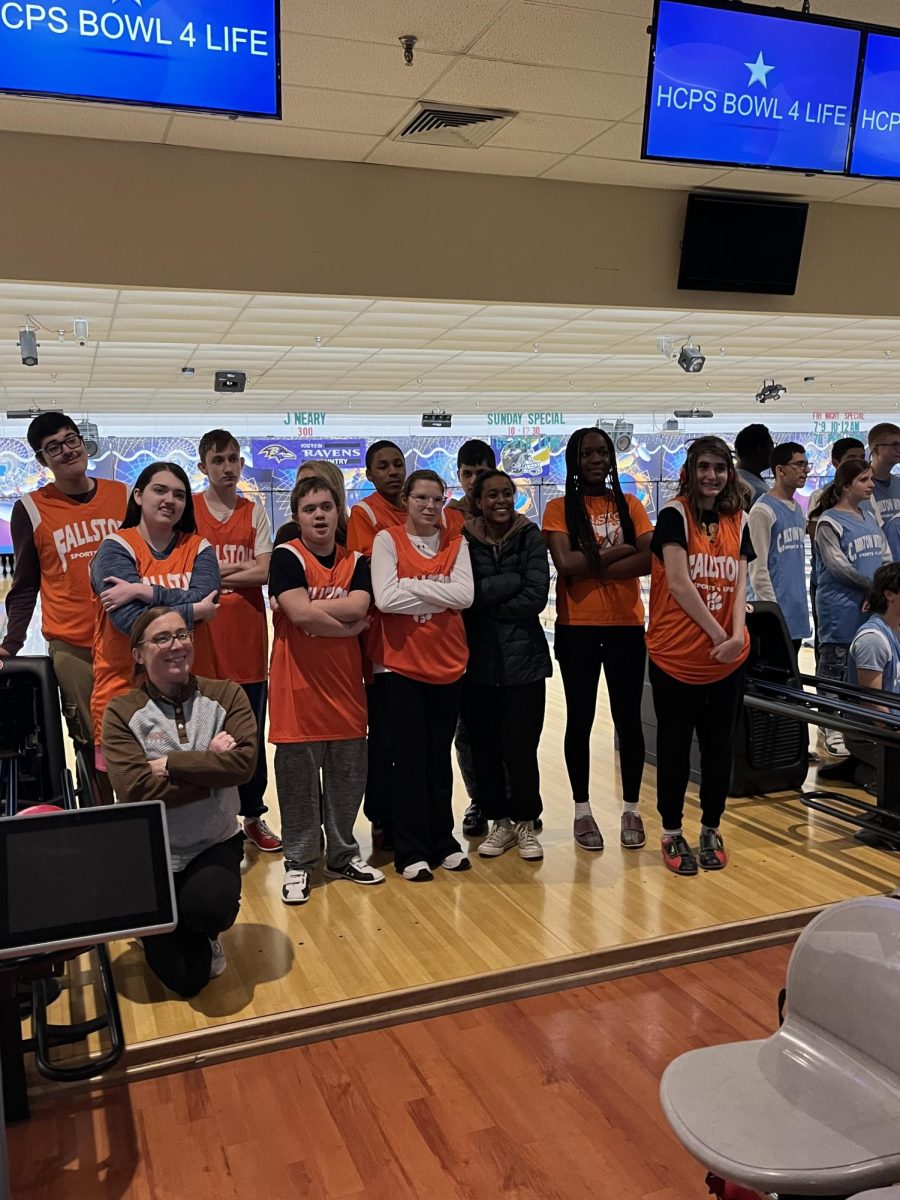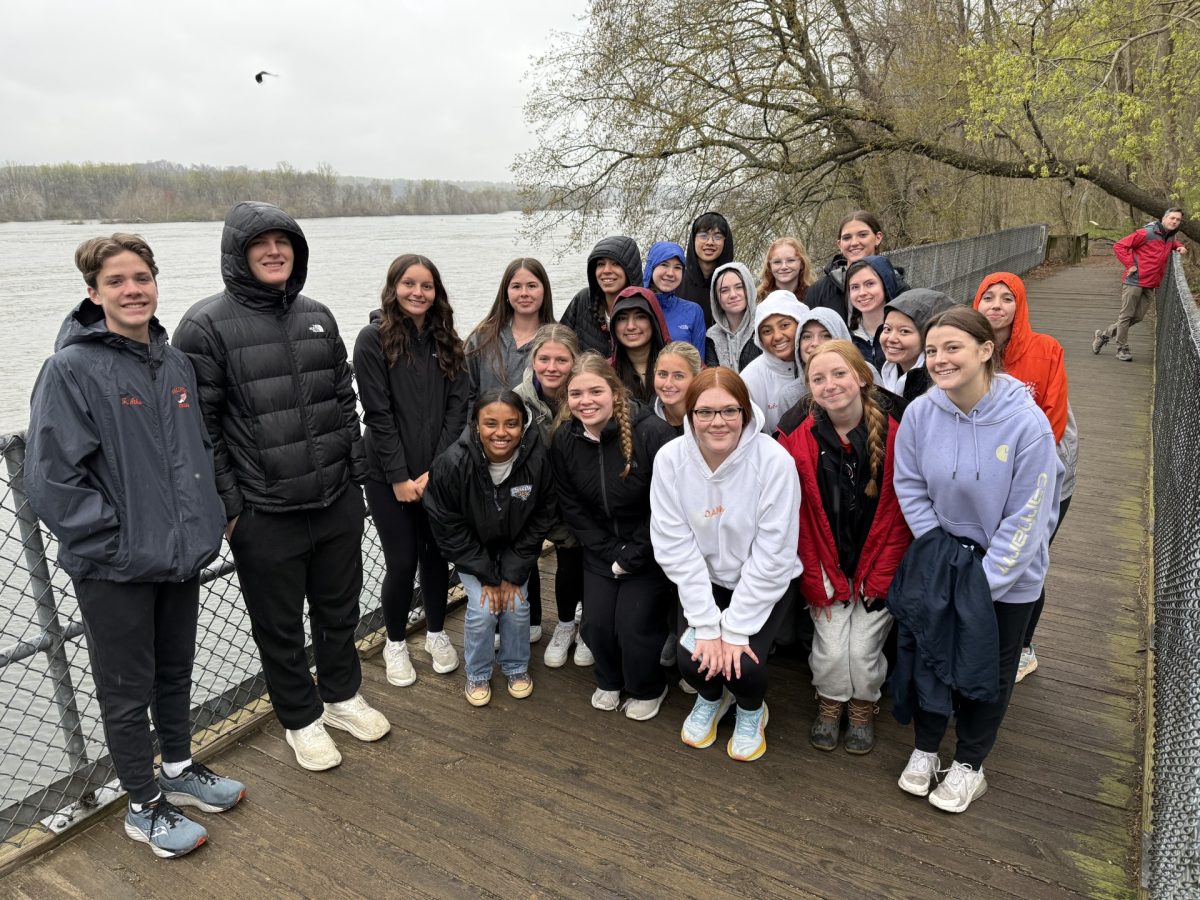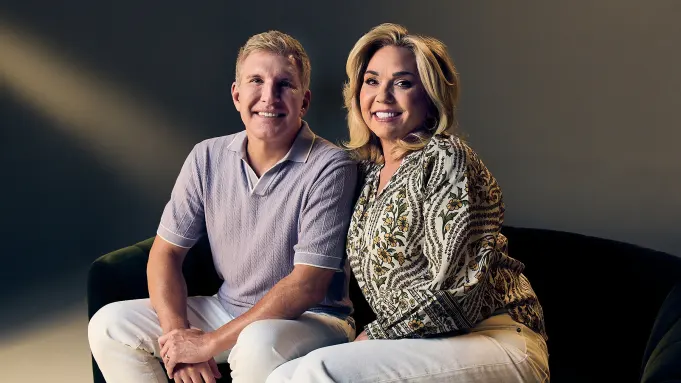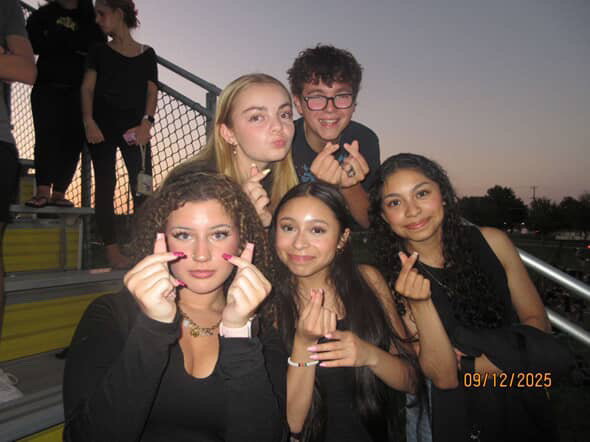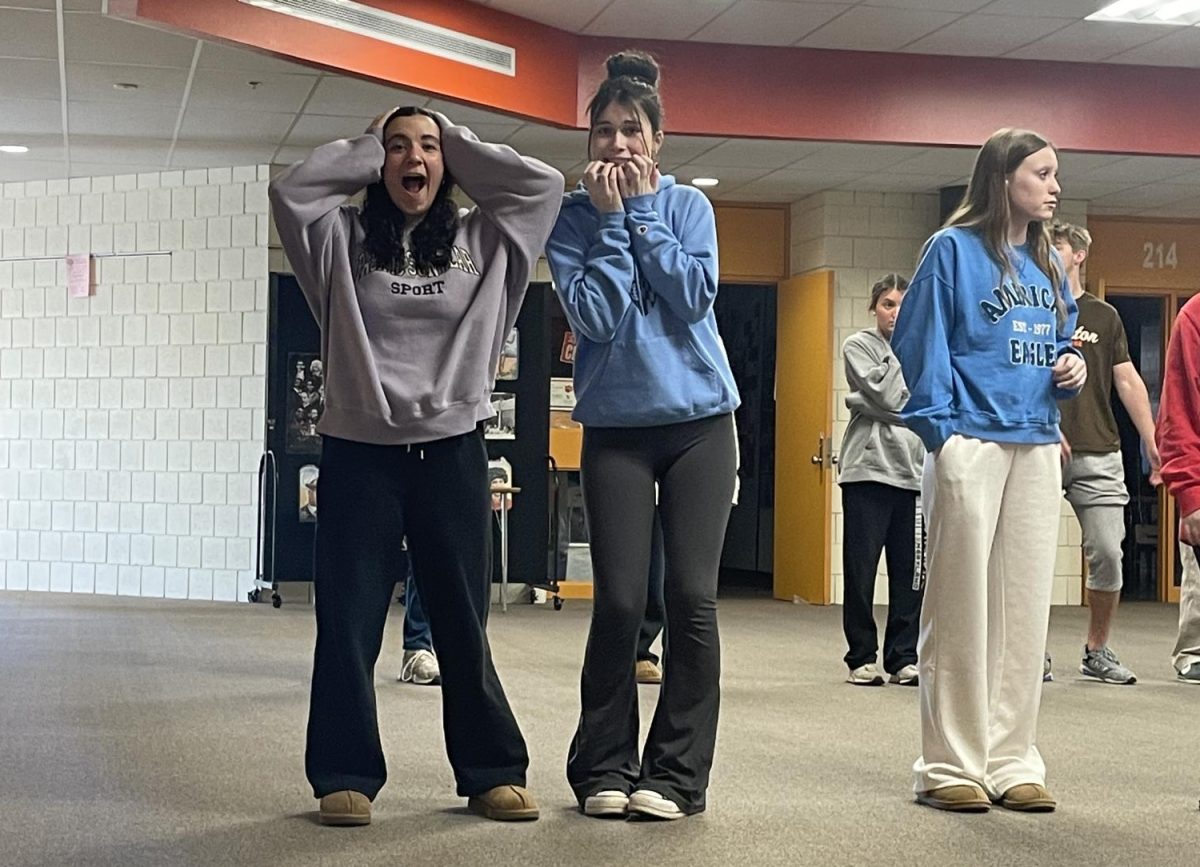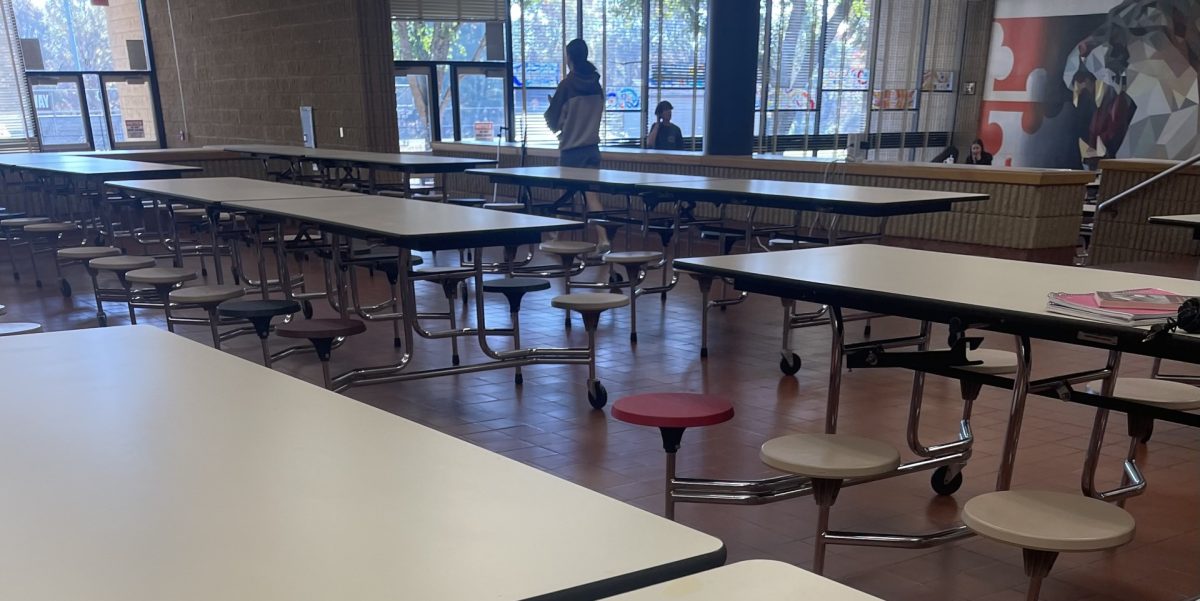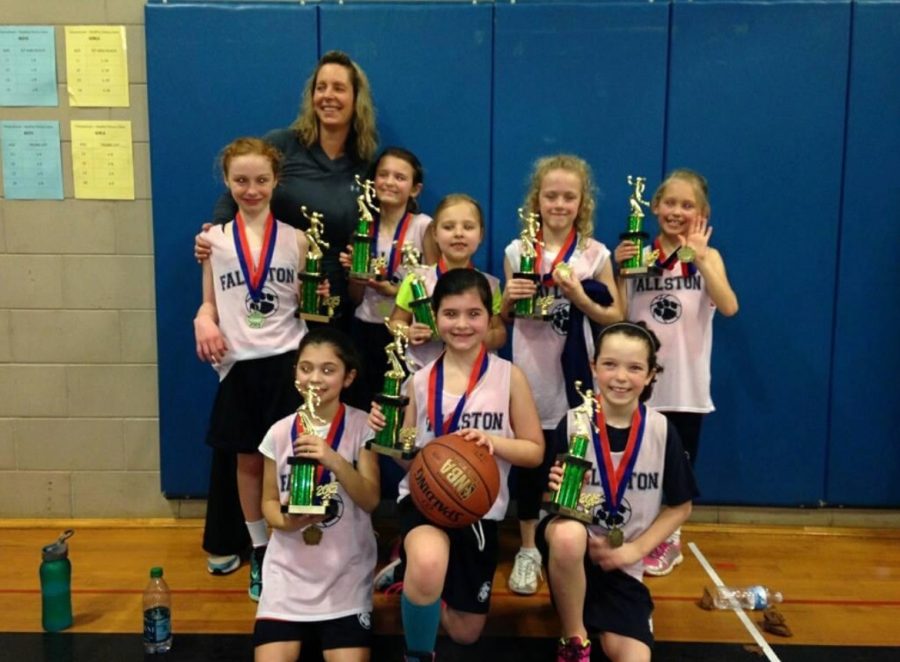Challenges facing youth sports today
March 9, 2023
Youth Sports
Youth sports – one of the staples of so many people’s childhoods. Youth sports have become such a vital activity in our community when it comes to socializing, learning teamwork, and building confidence. Or at least, that’s what they should do. However, while some aspects of youth sports programs have improved, the atmosphere around children’s sports has changed drastically, even since my own childhood.
Challenges Facing Youth Sports Today
Obviously, sports inspire a healthy sense of competition. There are winners and losers in every game, and youth sports introduce that concept at an early age. However, for some youth teams, the game has morphed into a cutthroat duel of who can embarrass the other team more. Kids who are still developing their skills or have just started learning the game are playing against kids who have already begun training intensely for their future because of the new culture of sports.
Francesca Pochily is a 1998 Fallston graduate (soccer and lacrosse player), former Syracuse lacrosse player, current Athletic Director at Benedictine Schools of Richmond (9th-12th grade), and coach of youth soccer – someone who clearly knows her way around sports. She says, in her observation of youth sports today, there has been a “warped focus on ‘getting a scholarship’ to a big-time program to ‘keep up with the Joneses.’”
These sports programs are supposed to be fun, but because of the change in intensity, they are not the same as they used to be. “You should enjoy the game,” states local softball coach, Guy Santoro – a sentiment that is shared by many in the community. In addition to enjoying the game, he also “wants everyone to understand how important effort and attitude is when playing a sport and wants everyone to learn what it means to be a good teammate.”
These lessons translate off the field. This, along with mental health benefits, displays why youth sports are so important. The PCSFN (President’s Council on Sports, Fitness, and Nutrition) Science Board has studied the effects of sports on children, and studies show that youth sports and other programs like them improve the social development of children. They are also proven to lower rates of anxiety, depression, and general stress, raise self-esteem and confidence, increase creativity and cognitive performance, and so much more.
Youth sports also teach important values like communication, teamwork, and perseverance. However, when the game is made to be ultra-competitive, it no longer teaches those same values. It teaches kids how to step on others to boost themselves up the ladder of success. Children are now under the impression that the only way to be valuable is by being better than everyone around them. This atmosphere has discouraged many from putting their kids in these programs, even at a young age.
Parental Involvement
Where has this new environment come from, though? Well, the parents of course. Pochily says, “I would say that our coaches often face negative parental involvement [including] poor sportsmanship at games and approaching coaches about issues such as playing time and strategy.”
There will always be the problematic sideline parents who seem to think the coach is wrong, but there are also plenty of positive influences in our community that have stepped up to help out, such as Danielle Amasia, a former Fallston athlete who now lives in the community and coaches her son’s 9-10 Fallston Rec basketball team.
“The reason I signed up to coach my son was that I think it’s important for women to coach boys,” Amasia explains. “These boys see me as a leader and knowledgeable in the sport. I am helping them develop their skills, showing them how to act like a good teammate; communities like ours need to normalize mothers coaching boys.”
In the past, it has been far more likely to see a man as a coach rather than a woman. However, more recently, kids can see not only their fathers in leadership positions, but their mothers, too. Like Amasia said, “It’s important for women to coach boys.”
Having women as leaders is important for children because it reinforces the concept of gender equality. Mothers can coach more than just the traditionally “girly” sports, like field hockey and softball, and should feel just as respected and at home on the football field and basketball court. “If you think about our community and others like it, it’s typical to see father figures coaching our daughters and sons on the sidelines,” Amasia adds. “It sends a clear message to our children that their fathers are leaders and are qualified. Young boys need to see that same message resonating when they are coached by a woman.”
As this trend continues, the hope would be to see more female representation not only in coaching but in higher-up positions, such as athletic director. In Harford County, only 30% of the athletic directors are women. The immediate reaction is to say, “Wow, pretty good,” but realistically, it should be a 50/50 split.
Females can bring a unique perspective and coaching style that kids don’t traditionally see. This differing perspective is incredibly valuable and needs to be taken advantage of so athletes can learn the most information and gain the most understanding possible when it comes to their sport. A lot of athletes miss out on this other perspective and style because of the lack of female coaches. Max Rueckert, a junior at Fallston and a basketball player, says, “I have personally never had a female basketball coach and have never played on a team coached by one.” Kaitlyn Michael, a senior and club softball player, adds that, “[her team] rarely sees female coaches,” despite the fact that softball is a female sport.
High School Sports and Beyond
Despite the fact that most athletes will say that gender isn’t relevant when it comes to coaching, there is still a very evident discomfort when women coach boys – one that isn’t present when men coach girls. It doesn’t surprise anyone that Fallston’s women’s soccer and basketball teams are head coached by men; no one thinks anything of it.
However, if the roles were reversed and a woman was the head coach of the men’s soccer, basketball, or football team, people would question it. It would be a huge deal, something the community would talk about for months. This coach would face many more challenges than a male coach would and would have to prove themselves and earn the trust of not only the players but of the entire sports community. A male coach would inherit this trust naturally just because of his gender.
This same sexist undertone is found in female sports in general. Girls’ sports are always assumed to be less aggressive, less skillful, and far less fun to watch. As a female high school athlete, I hear my fair share of jokes about women’s basketball and softball – constant comments about how bad it is, how it is “hard to watch.”
This commentary starts at such an early age. Even in elementary school, it is not uncommon to hear a boy tell a girl she can’t play with the boys because she isn’t good enough, but it would be entirely shocking to hear a girl tell a boy the same things. It seems that no matter how much parents and teachers preach gender equality, it never seems to be enough to resonate in young children’s minds, and we can only assume the lack of female leadership in sports contributes to this bias.
Youth sports are imperative to our community. Friendships blossom, lessons are learned, and productive members of society are made. Programs like these are crucial to the development of kids, so the overly competitive environment and the sexist undertones that have been created could have a detrimental effect on the way children grow up.
As a community, we should make the gain of female leadership a priority as well as making the game fun again so that every kid can enjoy sports. Promoting these lessons will allow kids to have a well-rounded experience with new perspectives and healthy competition. It is important that we focus on these things because, as Danielle Amasia states, “What the kid does on the court, in the field, they are eventually going to do in life.”




